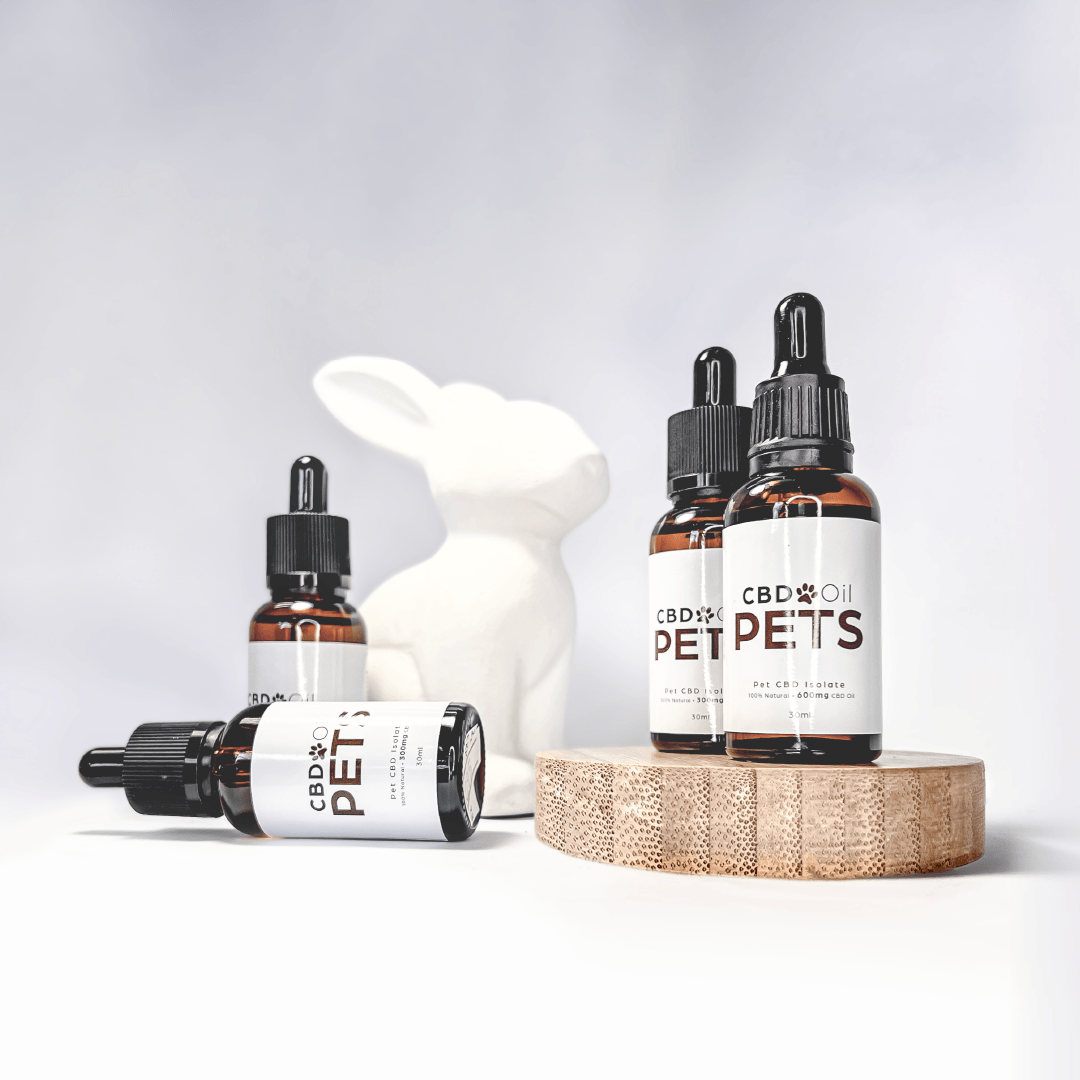Refined coconut oil is pressed from dried coconut meat (copra) and is almost always refined before human consumption. During the process of refining, much of the original coconut taste is removed, along with some of the micronutrients. Because copra is a cheaper raw material, refined coconut oil is also typically a lot less expensive than virgin coconut oil.
Coconut oil is rich in saturated fatty acids, especially lauric acid (about 50%) and myristic acid (about 20%). These fatty acids are so-called ‘medium-chain triglycerides’ (MCTs) because they are shorter molecules than the saturated fats commonly found in vegetable oils and animal fats (e.g. palmitic and stearic acid). This also explains why coconut oil has a far better health profile than its high content of saturated fats would suggest.
We’re frequently asked about the difference between virgin and refined (odourless) coconut oil. Here are some of the most important differences between these two types of coconut oil:
a. Virgin coconut oil is cold-pressed from the fresh mature coconut kernel, while refined coconut oil is made from copra. Copra is dried coconut meat, that can be compromised by insect damage, sun damage and microbial contamination. As a result, crude oil from copra needs to be refined, bleached and deodourised. Virgin coconut oil, on the other hand, does not need to undergo these processes.
b. Virgin coconut oil is completely clear when liquid, while refined coconut oil has a translucent yellow-ish colour.
c. Virgin coconut oil has a coconut smell and taste, whereas refined coconut oil has a neutral taste and no smell.
d. Virgin coconut oil is more expensive than refined coconut oil, because the cost of the raw material for virgin coconut oil (fresh mature coconuts) is far higher than the raw material for making refined coconut oil (copra)
The tell-tale sign that coconut oil is not virgin is a discoloration of the liquid oil. Coconut oils that are discolored have been made from contaminated raw materials or been processed with excessive heat.
Why is it good for you?
Cooking – Coconut oil is primarily a great cooking oil because of its stability at high temperatures. When oils are heated, they begin processes of oxidation and polymerisation that can lead to harmful by-products such as aldehydes. The advantage of coconut oil is that it consists mostly of (healthy) saturated fats, which are more stable at high temperatures than mono- and poly-unsaturated fats. This makes frying with coconut oil a safer option. (This primer on the chemistry of frying oils explains in more detail the changes oils undergo when frying and why using saturated fats is preferrable when frying.)
Cholesterol – Coconut oil is also associated with some impressive health benefits. One of these is its beneficial impact on cholesterol levels. Coconut oil raises both HDL and LDL cholesterol levels, but the increase in the ‘good’ HDL cholesterol far outweighs the increase in ‘bad’ LDL cholesterol. A 2009 study of fatty acids in the American Journal of Clinical Nutrition concluded that “lauric acid had a more favourable effect on total:HDL cholesterol (ratio of total cholesterol to HDL cholesterol) than any other fatty acid, either saturated or unsaturated.”
Weight loss – Other research suggests that using coconut oil instead of regular vegetable oils can help in weight loss programs. One study showed that women using coconut oil had a reduction in abdominal fat whereas women using regular vegetable oil did not. Another study of overweight men showed that consumption of a diet rich in MCTs resulted in greater loss of fat tissue compared to those consuming unhealthy LCTs (long-chain triglycerides), due to increased energy expenditure and fat oxidation. The theory is that MCTs (like lauric acid) are more easily digested and burned quickly for energy than long-chain fatty acids, thus raising metabolism and aiding weight loss. Coconut oil is therefore used by many athletes as a high-energy source in their training programs.
Dementia: There is also emerging evidence that MCTs can soften the impact of dementia and Alzheimer’s Disease. We provide the relevant studies and articles here and here for your reference, though we believe it may be too early to draw firm conclusions from this research, and we do not advocate the use of coconut oil in treating either of these conditions.





